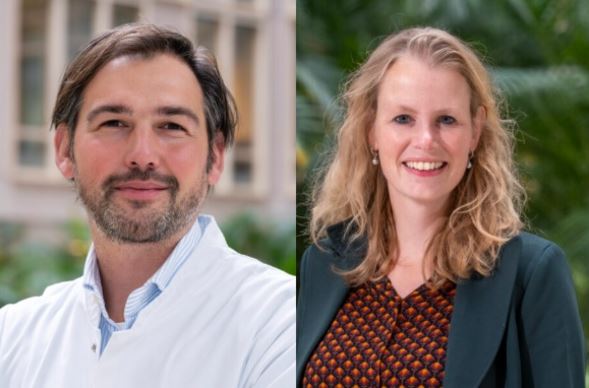Esther and Harrro Seelaar just started a new research consortium aiming to diagnose frontotemporal dementia faster and more precisely by developing novel prediction models.

Frontotemporal dementia (FTD) is the second most common form of dementia before the age of 65, after Alzheimer’s disease. FTD is characterised by changes in behaviour and language rather than memory, as in Alzheimer’s disease.
Erasmus MC neurologist Harro Seelaar said “A quick and reliable diagnosis is important to give people with FTD and their loved ones clarity on the cause of the symptoms quickly. An earlier diagnosis will also be decisive in the future to be able to start therapy in time. Drug trials are currently under way within FTD. Early diagnosis is important to be able to determine the right time to start these medications in the future”
To achieve this, Harrro and Esther started a new European consortium called PREDICTFTD, with 15 partners from 9 European countries. The project will receive an almost €8 million grant from the European Commission over a period of 4.5 years.
In this project, Esther will contribute to develop a new diagnostic tool with artificial intelligence (AI).
Read a related post here.